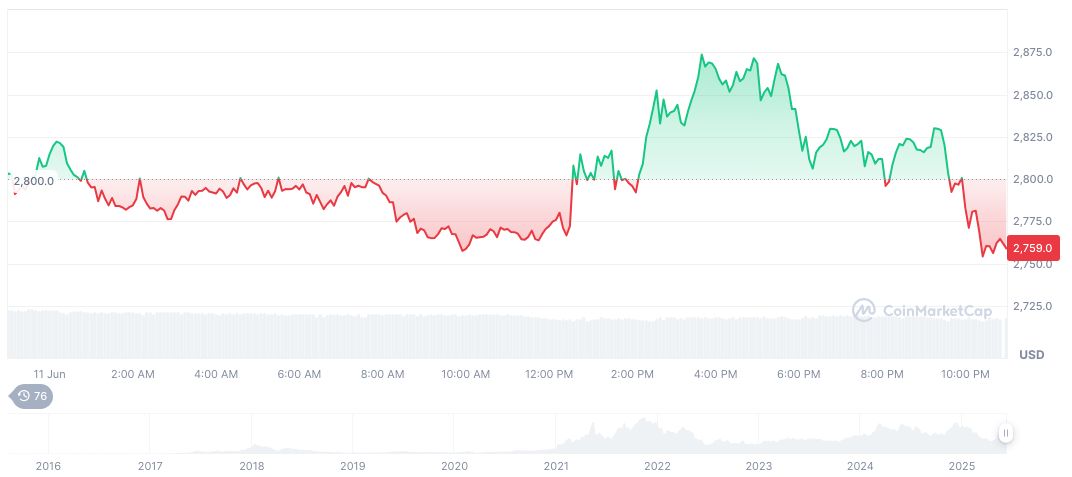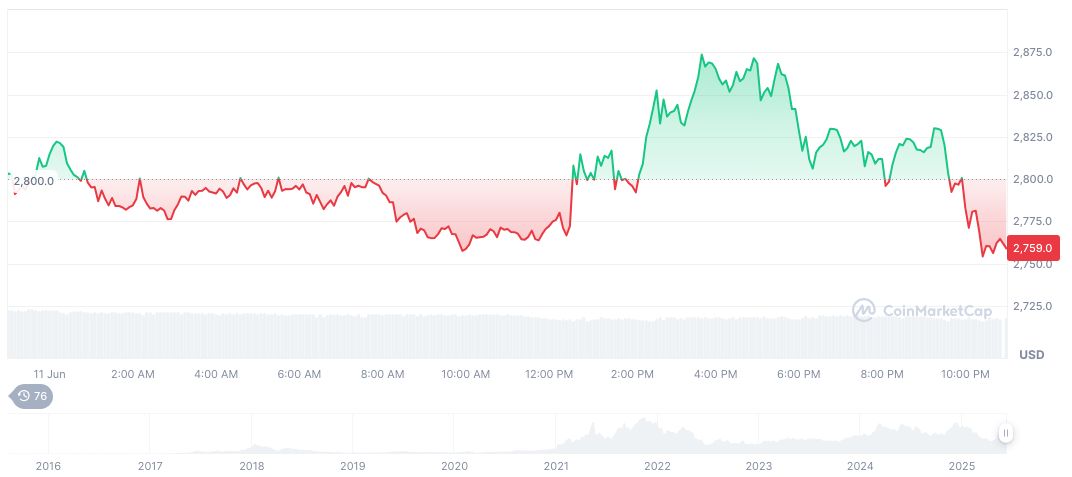- MiCA regulation prompts diverse responses across EU countries, affecting crypto operations.
- Regulatory inconsistencies could lead to economic sovereignty issues.
- Market consolidation may stifle innovation by smaller firms.
The EU’s MiCA regulation faces implementation inconsistencies across member states, impacting crypto firms like OKX and Gemini, following its enactment on June 12.
These inconsistencies may challenge the EU’s regulatory effectiveness, potentially shifting power to U.S. and Dubai firms.
MiCA Regulation: Diverse EU Nation Responses Affecting Firms
MiCA regulation, introduced to standardize crypto oversight, has encountered varied implementation across EU. Service providers must secure a license to operate but inconsistencies among member states have emerged. Germany and Netherlands uphold high standards, while Malta issues licenses swiftly.
Licensing disparities encourage companies to choose jurisdictions based on ease of access. OKX and Gemini opted for Malta, reflecting strategic business choices shaped by regulatory conditions. Improved uniformity is crucial to avoiding reputation risks. As Steven Maijoor, Chairman of European Securities and Markets Authority (ESMA), noted, “The Markets in Crypto-Assets Regulation (MiCA) institutes uniform EU market rules for crypto-assets. The regulation covers crypto-assets that are not currently covered by existing EU financial services legislation and establishes a harmonised regulatory framework“.
Market reactions include concerns about regulatory integrity. France’s slow issuance of its first MiCA license highlights potential reputational costs. ESMA’s “peer review” aims to address these licensing gaps across member states, seeking consistent oversight.
Licensing Discrepancies Threaten EU’s Regulatory Objectives
Did you know? Malta’s swift licensing under MiCA mirrors past regulatory practices, where countries offered expedited e-money licenses, prompting EU-wide calls for uniform standards.
Ethereum (ETH) is currently valued at $2,651.07, with a market cap of $320.04 billion and dominance of 9.64%, according to CoinMarketCap. The trading volume experienced a 19.87% decrease in 24 hours. Over recent periods, ETH’s 24-hour price dropped 6.12%, yet it rose 67.49% over 60 days.
According to the Coincu research team, while MiCA aims to unify regulation, its current disparities pose risks of regulatory evasion and uneven market competition. Continued alignment within EU member states is essential to prevent loss of economic influence and ensure robust industry growth.
| DISCLAIMER: The information on this website is provided as general market commentary and does not constitute investment advice. We encourage you to do your own research before investing. |
Source: https://coincu.com/342961-eu-mica-crypto-regulation-challenges/

